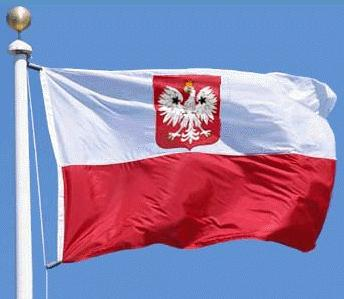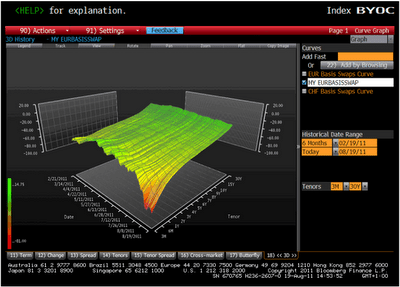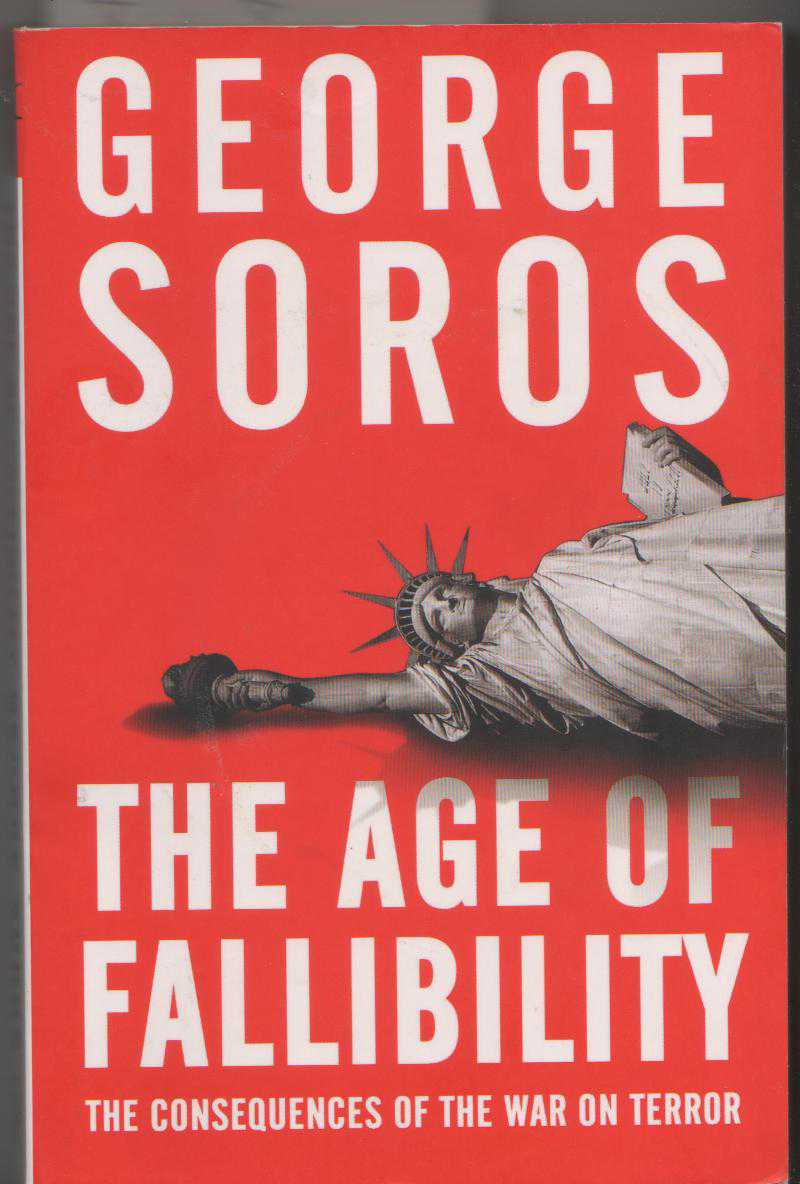 A stimulated GDP
A stimulated GDP
The Polish GDP is strongly influenced by a stream of financial transfers from the European
Union, in 2010 the net income from the EU budget was about 8 billion euro.
Were it not for the transfers from the Union, the change of the Polish GDP in relation to
2009 would have been lower by at least 6 percentage points and we would be facing the
drop of the GDP. The Polish annual GDP is about 350 billion euro and thus the amount of
net income of 8 billion euro from the Union’s budget is directly equivalent to 2.3 % of the
GDP. However, in a short-term life cycle assessment, it can be estimated that expenses
resulting from a subsidy that Poland receives have a multiplier effect of 3-4 times.
Companies and employees completing projects financed by the Union spend monies
earned on other goods and services so that other producers also purchase others goods etc.
Already in a short period concerns the projects implementation it is possible to consider
that the amount of 8 billion euro of annual income from the Union increases the Polish
GDP by at least 20 billion euro or by about 6 percentage points.
A High Budget Deficit
The Polish government explains to its citizens that the high deficit of public finances stems
from financial transfers from the Union and is a result of a need to provide own
contribution when implementing projects co-financed with assistance programs.
This justification is good for the public and within the framework of a political campaign,
however is it not well grounded in facts. If we assume that investment financed by Union
money are spent in a purposeful and justified manner, one also needs to assume that
without these subsidies the Polish government would also complete some of these projects
on its own: for example repairs of roads, bridges, highway construction, sewage treatment
plants, water processing intakes, sewage systems, water laterals etc. Other projects such as
renovations of historic buildings, construction of urban fountains or piers would be most
probably cancelled or postponed.
Some of the projects built with assistance do not require co-financing at all, in particular
projects regarding social security, however, investments require about 25% of own
contribution. And so, if the Union co-financing of an investment amounts to 6 billion euro
a year, then Poland’s own contribution is 2 billion euro, which results in 8 billion euro of
the value of the investment. And thus, were it not for the assistance from the Union which
results in the investment of the value of 8 billion euro, the Polish government, self-
governing entities and companies would reduce the scale of projects being implemented
with the assumption that out of the projects currently co-financed by the Union, some of
these projects would be executed, for example, by spending 3-4 billion euro on some of the
most essential investments.
In conclusion, were it not for the assistance from the Union the scale of the budget deficit
would have been much larger.
1
The Aborted Reform of Public Finances
The transfers from the Union made it possible for the Polish government to minimize
effects of the crisis of 2008-2010. They also caused a complete lack of any public finance
reforms in Poland. The increase in the Polish debt in the last 3 years from 529 billion
Polish zloty in the end of 2007 to 778 billion zloty (195 billion euro) in the end of 2010 is
a reflection of policy crash of the Polish government.
The Polish deficit was one of the highest in Europe in 2010, it was higher than in Iceland
and just a bit lower than the deficit of Greece. Apart from it, Poland is one of the EU
member states with the highest budget deficits (higher than 6 percent in 2010), which
increased their deficit between 2009 and 2010. While in 2010 Greece decreased its deficit
from more than 15 percent in 2009 to about 8 percent of GDP, Poland increased its deficit
from 7.1 percent to almost 8 percent of GDP (forecasts of the ministry of finance predicted
a drop of deficit to 6.9 percent of GDP.)
The obligations of the Polish budget practically do not capture the reserve pertaining to
demographic changes for earned benefits for future retirees. The reserve created for this
purpose is a fraction of the state’s obligations of the benefits owed to the future retirees. If
a reserve resulting from demographic changes were considered in its real amount, it would
transcend the relation of 60 percent of public debt to GDP by tens of percentage points.
The Catastrophic State of the Social Security
Poland is one of the European countries that spend the least on the social security of its
citizens. For example only 4.4 percent of the GDP is destined for health care while the
Union’s average is 7.5 of the GDP, additionally the average GDP per capita in the Union is
much higher than in Poland. As a result, the health care is in a structural crisis, patients
wait for months for a visit with a specialist, it is similar with planned surgeries and
procedures, and the access to new methods of treatment is also limited by the budget of the
health care fund. Because of this, many people die while waiting for their medical services.
This situation affects not just the elderly but also people of productive age, people with a
suspicion of a neoplasm wait for months for a visit and to start their therapy. In the Polish
press and TV media there are ongoing appeals for help in financing treatments, also in case
of children who, by law, are entitled to free health care.
Medical prevention policy, including the most serious of conditions is conducted in a
minimal way, due to policy of saving on medical costs. In this situation the speech of the
Polish minister of finance that he is striving to limit the budget deficit to zero in 2015 (for
obvious reasons the forecast must be fairly distant – longer than the minister’s term) is not
only not serious but it is also deceiving.
The situation of lack of access to medical care leads to increasing social tensions and may
lead to the eruption of public dissatisfaction. The state of expenses on health care is
a litmus test of the Polish budget’s situation. Any government would try to secure the right
to healthcare for its citizens if in this case the situation is so dramatic and what kind of
comment can be made about other matters financed from the budget?
2
Union Money Spoils the Country
Much of the resources transferred within the framework of assistance programs are wasted
in Poland. A country of a high level of corruption is unfortunately quite different than
France, Germany or Denmark. As an example, money for the training of the unemployed
directed to employment offices seem like a very sensible idea. However, how is this
program executed in Poland? More than one local official, upon seeing the pools of money
that will pass through his/her office is motivated to contact an owner of a training
company or call on a company of a friend which will be training the unemployed from the
Union means. The tender for the service for the office has high chances of being fixed by
the arbitrators who evaluate it. The higher the level and with larger projects, one can
expect corruption.
The Polish people have a different experience with the functioning of the state from the
majority of developed European democracies. More than 100 years of partitions and the
recent 50 years of dependency on the Soviet Union does not serve well the level of trust of
the citizens towards the state. A public opinion poll conducted a few years ago indicated
that more than 90 percent of the Poles consider tax fraud as something normal and not
deserving condemnation. It is surely a different way of relating to the state than what is
found in case of citizens of Denmark, Germany or Sweden. Therefore, many programs
executed successfully in the countries of the earlier Union will not necessarily work in Poland.
Another example of the waste of Union money in Poland is the financing of controversial
projects. For example, in Plock city, of which I am a resident, the construction of a pier
with a restaurant – pictures link – was funded from Union monies. The media make fun of
this investment that it is probably the only pier in Europe built along a river with the
restaurant from public monies. The Poles know very well that the Union is not too stupid
and before it opens its eyes, one should take as much of what is given…
This manna from heaven caused a situation in which officials at all levels are busy going
through as much of the Union funding as possible, nevertheless the real problems remain
unsolved.
When it is all accounted for it may turn out that it was not only the Union who lost money
on the assistance programs but also Poland may turn out to be a losing party, where the
distribution of Union funding only increased the scale of corruption and first of all the
reform of public finance has been neglected.
Margin Analysis in Economy
The Union’s expenditures for Poland in the amount of 2.3 percent of the Polish GDP
influence the growth of the GDP by at least 6 percentage points. It is one of the symptoms
of the multiplier effect of one event on another. However, the influence of the economic
stimulus may be more diversified.
Let’s return to the example of the pier on the bank of the Vistula River, the construction of
it caused the increase of the GDP to a degree higher than expenses for this purpose (life
cycle analysis). However, if it turns out in the future that the construction requires more
3
investment i.e. maintenance or demolition after a wave of an ice float that destroys
the pier, more expenses will appear, this time probably without any grants from the Union
but if there are expenses, then there is an increase in the GDP. The added value of this
episode with the construction and the demolition from the point of view of an observer is
zero or negative, but from the point of view of GDP in both cases, the increases of GDP will
have been demonstrated. Thus from the point of view of GDP, not the purpose of the
expenditures is what makes sense but just any business activity makes sense. However, if
this entity is useful or profitable, its value is visible in a long-term development. Projects
may be more or less reasonable but the record of expenses carried has just one appearance
– they remain in the form of a public debt. It is good then, when the benefits of the project
(including the satisfaction of social needs) is higher than the expenses, including debt costs.
Therefore if the increase of assistance from the Union had a multiplier effect on the growth
of the GDP in Poland, there is probably also a reverse dependency. The fact that one is a
net payer by Germany or France limits their GDP much more significantly than it appears
from the amounts transferred. In case of Germany who pays the most into the Union
budget, the net spending of 12 billion euro annually means that, already with the view of the
perspective of next year, this expense lessens the GDP of Germany by about 40 billion euro.
Since it is the life cycle of analysis, then the lack of means translates in a multiplier effect
into subsequent years, etc. The final effect means that the long-term contribution of
Germany may turn out to be an excessive burden that is visible only in 10-15 years.
The amounts that the Germans are giving away to the Union budget now plus the
multiplier effect in long-term may bring about the fact that the Germans will pay for the
Union several hundred billion euro (near one trillion) expressed in current euro – this is
the power of the multiplier effect in a long period of time.
Also, the assistance for Greece, in which Germany participated the most, may be felt by the
German retirees in several years’ time. From the German point of view the Euro zone with
different specifics and mentality such as Greece or southern Italy (though Italy is still one
country, of course) was a big strategic mistake. What is good for the Union bureaucrats and
looks good in officials’ plans will not necessarily serve wealthy societies well, especially
those ones who have a high level of savings, and the idea of a currency union in a place
with a very different model for life such as Greece may turn out to be a hellish idea.
The Germans are probably starting to understand that they have been set up and that they
should watch the value of their currency and besides the reality of a world economic crisis
which includes their country just the same as any other, they have to struggle with
problems which are not theirs. The wealth of Germany may evaporate very quickly in this
way because they are in a very different situation than the United States. From a point of
view that emphasizes the well being of Germany, their anti-crisis policy should be opposite
to the one conducted by Ben Bernanke – more on this subject under
Between Monetary Policies. Where are markets heading to?
4
The Polish Government Sweeps under the Carpet
In order to evaluate what awaits Poland, a few facts should be compared. Poland can speak
about the increase in its GDP in recent years only thanks to the transfer of funds from the
Union. Were it not for the payments from the Union, Poland would have had a chronic
drop in the GDP, thus reflecting the way Poland has been governed in the last years.
Despite the transfers from the Union Poland has one of the highest budget deficits, and an
increase of public debt from 530 billion to 780 billion PLN in three years should turn on
alarm lights that something very bad is going on. It is obvious that budget expenditures
influence the GDP, however it is a short-term dependency, in the long term the results are
just the opposite, the means that have been spent by the state would have been much better
allocated by the market, although they would not translate so fast in the demand effect.
For the ineffective increase in the GDP in the last three years, Poland will pay with the debt
that increased by 250 billion PLN. Despite such significant budget expenses financed by
deficit and transfers from the Union, the satisfying of social needs such as health care is at
a dramatically low level. In addition, the budget does not cover the necessary reserve for
future retirement benefits and which results from the changing demographic structure.
Moreover, the finance minister announces that this year he intends to use some funds from
this reserve and workers’ organizations and also employers’ unanimously call this step
an absurd and clear theft from future retirees.
Know things not by words, but by deeds. It is the budget deficit that reflects the condition
of finances of a state, especially when other countries decrease theirs and Poland increases
her own deficit. A deficit and its dynamics are a better indicators of therapy used than
a level of public debt. Clearly, no country in the world will be able to change the latter from
day to day. Unfortunately in Poland the funds are disappearing and despite the high
budget deficit and transfers from the Union in recent years, faulty budget items, there is no
money to satisfy the elementary social needs.
It is not the way it is but the way the people think it is
The Polish government keeps to one principle, what counts are only public relations, both
the kind directed at its own citizens and the kind directed towards the financial markets.
The government realized that one of the highest budget deficits in Europe will not be
tolerated for long. In an anticipated response the government announces the forecasts for
deficit reduction and even forecasts a balanced budget for the year 2015. However, the
attempts to limit the deficit in 2011 have already caused a decline in the GDP growth,
however, the macroeconomic results will be felt more fully at the end of 2011 and in 2012.
In order for the government to show the growth of the GDP, the Polish economy needs
permanent transfers, both the external ones originating with the Union, and those
resulting from the growth of the public debt. In short term the growth of the GDP achieved
by means of a steroid IV-drip could be presented as a success. But everything has its end,
the markets started to loudly demand a reduction of budget deficit. The government had
no choice and must meet the market expectations, it would like to contain the most in the
long-term declarations and forecasts…
5
In Polish reality the high budget deficit was a type of a treatment of symptoms, which
masked the real condition of the patient. The reduction of deficit, although it is necessary,
is not a sufficient solution. The Polish economy requires structural changes which have
been aborted and which will be mentioned in the conclusion.
The attempt to fight the deficit showed that the blanket is getting shorter and shorter, the
rate of shortening of the blanket must be troubling to the government, it is clear that the
Polish economy is not able to meet the markets’ demands on one hand, and the roused
hopes of the Poles which the government constantly increased in the name of a permanent
election campaign, on the other. Both realities have to collide with each other. All of the
energy of the government is directed towards survival until the elections. In Poland the
parliament, but even self-governing entities are a partisan booty and the time horizon
reaches the elections period.
Unfortunately, the western, more developed democracies did not foresee some things, their
assistance programs very often serve to support social pathologies, ineffective budgets and
they lead to the bankruptcy of economies that they assist.
Polish public debt revaluation
Poland’s public debt, but also the citizens’ has been growing like an avalanche in the most
recent period. Poles’ debt increased to 500 billion zloty, but the most important is the
dynamics of the increase of the debt. Due to mortgage credits the private debt of the Poles
grew from 34.5 billion PLN in March 2005 to the amount of 286 billion PLN in May 2011,
so within 6 years, the mortgage debt of the Poles grew by 728%. It is the dynamics of debt
increase translates into the dynamics of disposalble income of households.
For many years Poland will feel a great increase of obligations due to the increase of
mortgage debt of its citizens. Every crisis and even a period of poorer market lookout will
remind the Poles of the credit boom of the past 6 years. Even in the United States or Spain
there has not been a similar percentage of increase of debt of the citizens resulting from
mortgage credits.
The situation is even more dramatic in Poland because more than half of the value of
mortgage credits is denominated in Swiss franc. The borrowers, apart from the purchase of
the house, they have taken speculative positions in foreign exchange market. However,
mortgage credit for a house or an apartment is not the best instrument to invest in the
Forex market. The incompetent supervision of finances in Poland is to be mostly blamed
for this pathology. As to why this happened can be answered indirectly, because it was
easier for banks to sell more credits in this way and the regulations were such as to be
advantageous to the lenders. Therefore we were dealing with either lack of common sense
or with corruption of the employees of financial supervisory sector.
To a large extent, a responsibility for the huge growth of mortgage debt among Poles is to
be placed with the government who stimulated these decisions of its citizens with the
demonstrated economic growth, which was stimulated in turn by the growth of debt and
also by the transfers of Union money.









